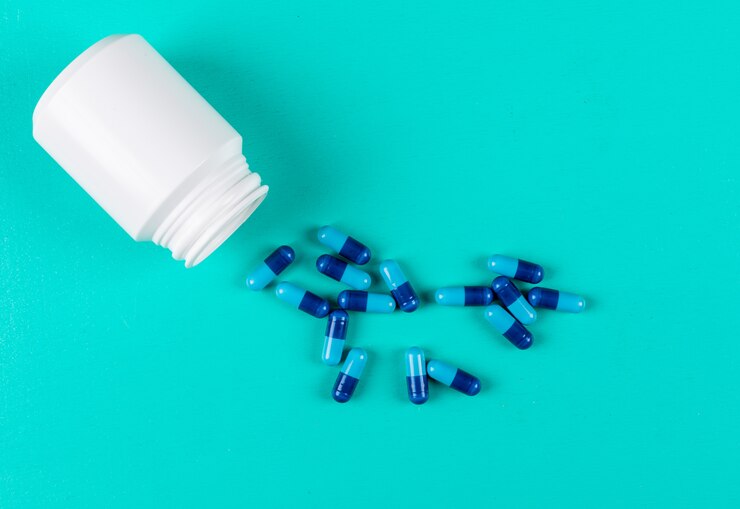Whenever the word “lithium” is mentioned, most people instantly think of the light metal used to make batteries or the medicaiton given only for bipolar mania. While both of these facts are accurate, this mineral is also present in different foods and water.
Even more intriguing is the fact that small amounts of lithium are beneficial to the brain’s functioning and mental wellbeing. This post seeks to shed more light on this mineral, which is often misunderstood and neglected.
The Science
If you’re thinking of using lithium supplements, you’ll want hard evidence about the benefits of this mineral as it relates to mental health. On that note, the first research aimed at investigating its mental health benefits was carried out between 1978 and 1987 in Texas.
Researchers analyzed results from a whopping 27 counties and discovered a positive correlation between the amount of lithium in water and suicidality rates. Counties which had higher lithium levels in water experienced low rates of suicidality, drug-related crime and violence.
But isn’t this study too outdated? Although it is, even more recent studies show the same relationship. This study published in the Cambridge University Press in 2020 is a good case in point. In the latter, researchers pooled data from 15 international studies and found that high lithium intake led to lower suicide rates in different countries across the globe.
How Much Lithium Is Ideal?
While these studies prove that lithium is indeed good for your health, this mineral should only be consumed in small amounts. This is why experts recommend consuming it in the form of a dietary supplement as opposed to lithium medication.
The vast majority of these supplements contain a similar amount of lithium as the one that we typically consume from food and water. According to the U.S. Environmental Protection Agency, we consume between 0.64mg and 3 mg of lithium daily.
By comparison, lithium medications – which contain this mineral in the form of lithium carbonate – can have anything between 112mg and 225 mg. This is well over a hundred times the amount included in supplements.
Who Can Benefit from Low-Dose Lithium Supplements?
Contrary to popular belief, lithium supplements are not only beneficial to people living with bipolar disorder. Rather, they’re also effective in managing or treating the following conditions:
- Autism spectrum disorders
- Depression
- Suicide ideation and impulsivity
- Anxiety
- Irritability
- Agression/Anger
Types of Lithium Supplements
Are you a person living with a mental illness and want to incorporate a lithium supplement into your treatment? If so, here are two lithium supplements that come highly recommended:
- Lithium orotate – One of my favorite supplements. It is particularly revered for its low lithium content.
- People who take lithium orotate report having significantly fewer side effects compared to lithium prescription medications. It is easily absorbed and has few, if any, side effects. I usually recommend 1mg-5mg of Lithium Orotate a day, please seek advice from your healthcare provider.
- Trace amounts of Lithium in Trace Minerals can be added to water and are very beneficial to hydration and mineral health. Another source is through one of the best multivitamins I’ve ever taken or recommended, Pure Genomics Ultra Multivitamin by Pure Encapsulation. It has 500mcg of Lithium Orotate which is very helpful for mood maintenance in addition to 34+ other vitamins in this wellness multivitamin.
- Plant-based lithium – this type of supplement is usually derived from veggies and other plants grown in high-lithium soil. At the moment, I only know of one manufacturer who specializes in this. What I like about this supplement is that plant-based supplements are usually easily absorbed into the body. I have not used or recommended this brand, so please look at the research.
-
Conclusion
Although there’s enough evidence to show that lithium supplementation is beneficial to our mental health, you should always be cautious. This means consulting your physician before adding any lithium supplements to your treatment as lithium supplements can interact with other medications and are not recommended in pregnancy, thyroid disease, and/or kidney disease. Similarly, report any severe side effects you experience following lithium supplementation.
And even as you seek advice from your mental health expert, don’t forget to trust in God for healing. “Trust in the Lord with all your heart and lean not on your own understanding; 6 in all your ways submit to him, and he will make your paths straight.” (Proverbs 3: 5 – 6)







